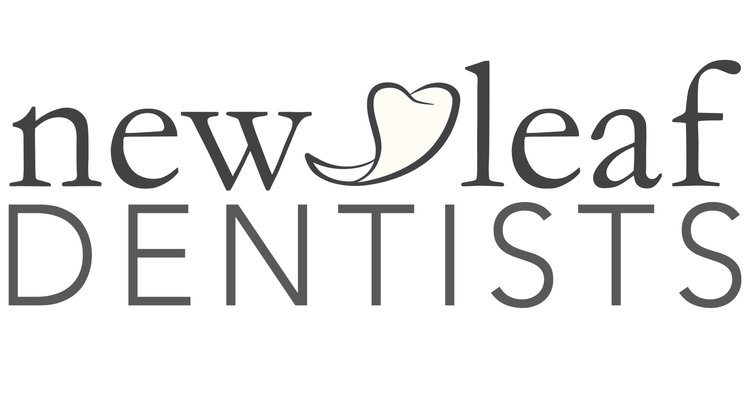Dental Health Week is the Australian Dental Association's major annual oral health promotion event which kicks off on the 1st of August and concludes on the 7th. Its aim is to educate Australians about the importance of maintaining good oral health in every aspect of their lives.
This year, the ADA will be focusing on women and their oral health. Recent studies have revealed that many women are unaware that significant changes in their life also presents substantial change in their oral health.
Here are some of the life changing stages in women that can affect the health of their mouth
Puberty in Girls
Puberty is one of the momentous life stages in women. During puberty, there’s a lot of things happening in the body. This includes increases in sex hormones estrogen and progesterone. An increased level of hormones can elevate blood volume in the gums. This condition can result in “puberty gingivitis”, which is characterized by swelling and redness of gums. Gums bleed more easily than usual especially when irritated by food particles and plaque.
Menstruation
Although the effects of menstruation varies from one female individual to another, the increased amount of sex hormones in the body coupled with build-up of plaque can result to swelling and bleeding gums. This is considered to be a temporary form of gingivitis. Fortunately, this condition disappears once her period begins. Women taking oral contraceptives (“the pill”) may find a similar kind of gingivitis seen in pregnant women. This condition is known as “pregnancy gingivitis”.
Pregnancy
The stage of pregnancy in a woman’s life is considered to be exciting. As the condition of the body changes during pregnancy, so does the mouth’s. Oral health can be affected due to hormonal changes. Pregnancy gingivitis is a common gum condition characterized by puffiness of gums. This condition is considered temporary but can also progress further if ignored.
Although not all pregnant women suffer from morning sickness, there are some who do. Unfortunately, this can affect the teeth. Acid in the vomit can erode the teeth. Brushing immediately can cause more damage to teeth by stripping away the enamel.
Menopause
Women between the ages of 47 and 55 undergo menopausal stage. This is characterized by a declining level of hormones. Unfortunately, this stage also presents different oral health effects such as dry mouth, swollen gums, burning sensations and altered taste. Some of the medications taken by women going through menopause can also have a detrimental effect on gums and teeth.
No matter what life stage you are in, there’s no need to suffer from these hormonal changes. Brushing, flossing and seeing your dentists regularly will help manage these different oral health conditions.
If you have any further questions and concerns about women and oral health, I highly recommend that you seek professional dental advice as soon as possible.

